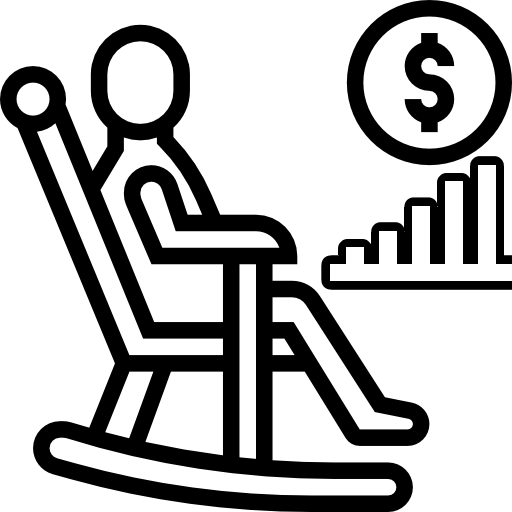
Preparing for retirement – some useful tips for those on or nearing pensionable age
Each and every one of us has a different plan for when retirement looms on the horizon. For some, it will be a definite point in one’s life when the daily chore of going to work ends and a new chapter begins. For others, retirement may be a gradual process as they leave full-time employment and pursue a less demanding job. Others vary their working hours as priorities shift and change. The constant thing at that point in life is change, especially to our income and financial positions.
The financial aspects of retirement are often complex. There is no denying however that if you wish to maintain the same lifestyle at retirement, you need to save now as the state pension would be around two thirds of the average wage you received during the last three years before retirement. If you are happy with that, so be it. However, it is likely that you won’t and you can only supplement your pension with additional savings and investments accumulated throughout your working life.
Good retirement planning should not only consider any immediate living expenses, but also cater for potential long-term costs to, such as, private elderly care. We are living longer and healthier lives, so it pays to think about the costs one may experience in later years. This increases the importance of good investment planning and constant monitoring of every aspect of your savings. The following are some important first steps one should take:
- Create a realistic plan for your life in retirement: The sooner you bring your retirement into focus, the greater your chances for achieving the lifestyle you want. This might mean asking yourself a number of questions such as:
- What do you want to do at retirement?
- Who do you want to spend time with?
- Will you keep on living in the same house or do you consider downsizing?
- Would you like to continue working during retirement, even on reduced hours?
- Do see yourself supporting family members (such as childrens, weddings or homes) in the future?
- How will you balance your travel or entertainment needs with other expenses like old age care, health care and other living expenses?
- Review your plan: Make sure your plans for retirement are in line with the resources you have to fund them. You must make sure that your retirement income sources and withdrawal strategy are aligned with your goals. If your goals are farfetched, consider revising such goals or increasing your savings to meets your future needs.
- Prepare for contingencies: With retirement lasting 20 or even 30 years, it’s important to regularly assess your progress and make adjustments when circumstances change. Setting up an emergency cash account will help to get through hard times should these arise. This account will act as a safety net in case some unexpected events happens, such as sudden medical expenses, market slumps which will affect your investments or other events which may affect your income. It would be wise for retirees to keep an adequate sum of money separate from their portfolio, which will help them get through for at least half a year, should tough times arise. If your lifestyle depends on income that you receive from shares, bonds or funds, you must also make sure that you have a sufficient amount of money to help you live comfortably should the market face a downturn.
- Monitor your investments: Attention must be given to your investments for retirement from early on. The consequences of a poor investment decision, bad advice or even fraud can be more serious as you get older as you would have less time and ability to make up for losses. And, sadly, some people entering retirement are more vulnerable to such bad advice and risky investments as they would put income as first priority. The adage high return high risk should be kept in mind at all times when investing at this stage.Since at this point in life the pension or retirement plan, social security and investments replace salary, it is important that priorities are focused on making your investments last throughout your retirement stage, which will allow you to keep living a comfortable life style. One should therefore make sure to steer away from any products which may look dubious or in any way look complex to understand and manage.It is important to continue monitoring your investments carefully and if you are using a financial advisor, be sure to fully understand their recommendations before accepting them.
- Protect yourself: Health care is a priority at any given age. However after retirement, health care probably becomes the most important issue as one tries to stay in good health meaning that this means more check-ups and preventative tests would be required. You must also consider the possibility of your health declining as your grow older and the increasing need for expensive medication and treatment. So make sure your medical insurance is adequate. The costs of medical care continues to rise and we are living longer.

